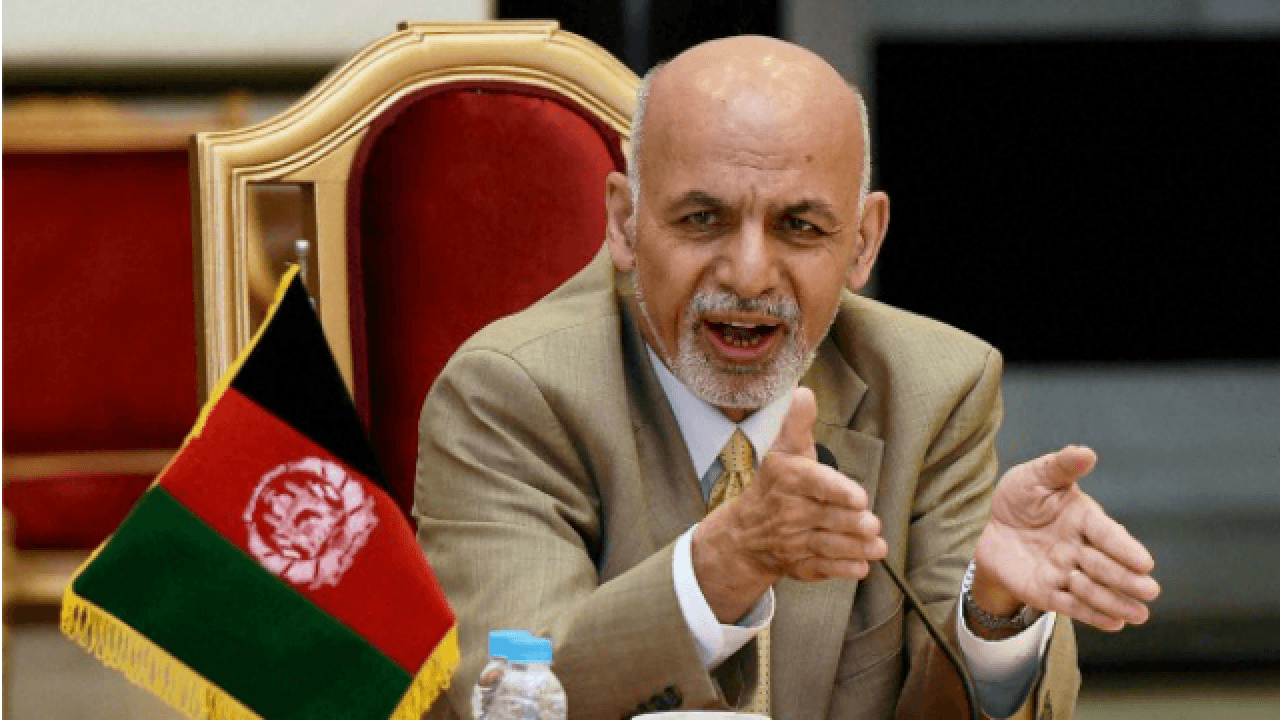A high-powered Taliban delegation was in Islamabad for talks last week with Pakistani leaders. The delegation was led by Mullah Abdul Ghani Baradar—the deputy chief of the movement. The visit came fast on the heels of another important visit by US special envoy Zalmay Khalilzad who was in the Pakistani capital just two days before the Taliban arrived.
There is a break in ongoing negotiations underway in Doha. The respite provided an opportunity to make contact with other stakeholders in the region both for the US and the Taliban.
The talks in Doha have not made any significant headway. After long sessions of talks spread over many weeks, the two sides, i.e. Taliban and the Afghan government only agreed on a ‘framework’ within which negotiations will be conducted.
Kabul government creating obstructions, but for what end?
Since the February agreement between Taliban and the US, progress on decisions taken has been dismally slow. First, the long delay in releasing prisoners and then agreeing on a framework and agenda for talks took an agonizingly long time. There was a noticeable urge to delay the implementation of the decisions. It was obvious from the word go, that the Afghan government was not showing any enthusiasm or interest in pursuing talks. There was a palpable feeling of Kabul dragging its feet to prolong or obstruct the execution of decisions on one pretext or the other.
Read more: Top US general sees ‘modicum’ of victory in Afghanistan
The government in Kabul is of the view that if reconciliation is achieved, it will come at their expense. It is convinced that in the event of Taliban becoming mainstreamed in the governance system of the country, the current dispensation would have to be replaced by a multi-ethnic, broad -based government that is dominated by Taliban. This was obviously unacceptable to the current leadership.
Determined to obstruct the smooth progress of talks leading to reconciliation, the government created barrier after barrier to impede and slow down the peace process. It was operating on the assumption or belief that the regime comprises elected representatives who have a mandate of the people to complete its tenure as laid down in the constitution. This attitude led to a reaction. Talks were stalled with Khalilzad desperately trying to keep the process alive by maintaining constant touch with all those involved in the peace process.
One big stumbling block in the eyes of the Kabul government, was the reluctance of Taliban to agree to a ceasefire. The beleaguered Kabul government, whose forces came under attack relentlessly from both the Taliban and Daesh since the signing of the February agreement, was keen to stop the momentum of the Taliban onslaught. The Afghan government was seeking respite from a bloody engagement with the militants that was obviously taking its toll.
Politics of ceasefire
With unemployment reaching more than 50 percent and poverty affecting the lives of millions as never before, the government saw an opportunity to stem the tide of attacks by insisting on a ceasefire. The ceasefire, it was assumed, would provide a chance to give some rest to the soldiers and help create an environment for concerted negotiations on issues of governance and mainstreaming of Taliban.
Read more: Will stabilising Afghanistan promise regional influence to both Russia and China?
But the Taliban view this approach from a different angle. They believe a ceasefire, if it does not deliver peace, will discourage their foot soldiers or volunteers. Once they go back to their villages, it will be nearly impossible to call them out again to take up positions against government forces.
In addition, the movement leaders also believe there is a risk of a split because many would oppose any ceasefire suggestion and may part ways with the group. And this is, according to some leaders, the rationale for Kabul’s insistence on a ceasefire— to break the unity of the movement.
The visit by the Taliban delegation is perhaps one last opportunity to persuade them to agree to a temporary ceasefire.The US and Kabul governments are bringing pressure to bear upon the Pakistani leaders to warn the Taliban and persuade them to agree to a cessation of hostilities.
Limits to Islamabad’s influence over Taliban
But there are limits to Islamabad’s influence over the leadership of the group. Pakistan would certainly not allow its contacts and relations with Taliban to nosedive if they do not agree to a temporary ceasefire.
Because Islamabad knows that Taliban are now speaking from a position of strength.
Other countries in the region too are convinced that only a Taliban dominated government could defeat and eliminate Daesh. Further, Islamabad also realizes that straining relations with Taliban will mar prospects and hopes of a durable and sustainable bilateral relationship, because sooner or later, the group will assume a leadership role in their country.
Read more: Joe Biden’s position on Afghanistan
Both Taliban and Islamabad face tough choices. The way out of this impasse is an agreement in principle to establish a multi-ethnic, broad based and transitional government through the mechanism of a ‘loya jirga’ or Grand People’s Assembly.
But as mentioned earlier, that can come about only if the government in Kabul gives up its policy of sticking to power– at the expense of peace and stability in the country.
Rustam Shah Mohmand is a specialist of Afghanistan and Central Asian Affairs. He has served as Pakistan’s ambassador to Afghanistan and also held position of Chief Commissioner Refugees for a decade. The article originally appeared at Arab News Pakistan and has been republished with the author’s permission. The views expressed in this article are the author’s own and do not necessarily reflect the editorial policy of Global Village Space.














